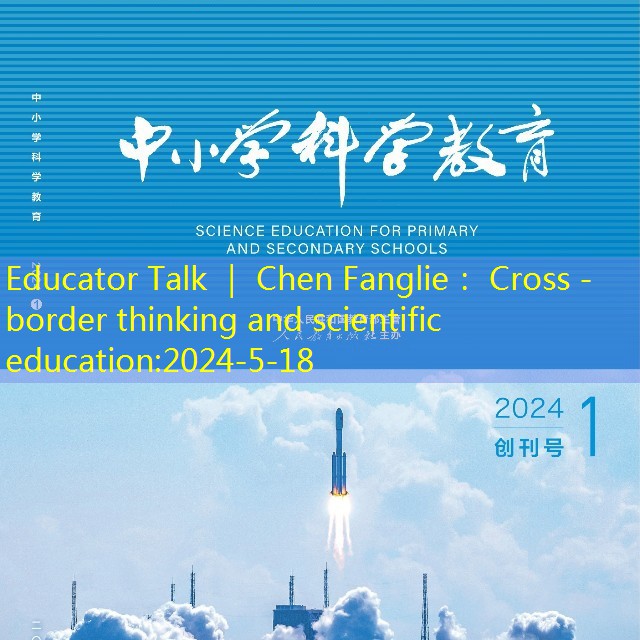Increased global geopolitical tensions and the use of economic sanctions may reduce the attractiveness of the United States dollar as a currency for international trade and contribute to the rise of emerging international currencies, leading to further fragmentation of the global payments system.
A recent working paper published by the European Bank for Reconstruction and Development (EBRD), “Harsh Privileges and Economic Sanctions,” examines the impact of trade sanctions on currency choice in international trade transactions. In particular, the paper looks at the sanctions imposed on Russia by the EU, the US and a number of other developed countries following Russia’s full-scale invasion of Ukraine in February 2022.1 The paper also looks at the impact of sanctions on the currency choices of international trade transactions.
One of the authors of the paper, Dr. Javolczyk, Chief Economist at the European Bank for Reconstruction and Development (EBRD), said, “We find that the use of the renminbi (RMB) has increased significantly in the settlement of China’s export trade with Russia, while the use of the US dollar has decreased. We also find that the use of the RMB as a settlement currency in third countries is also increasing. Thus, while dollar hegemony makes sanctions more effective, sanctions may also weaken dollar hegemony to some extent in the long run.”
The paper’s findings show that the use of the renminbi as a transaction currency has increased by an average of 4 percent among trading partners that have active currency swap agreements with the People’s Bank of China (PBOC), such as Mongolia and Tajikistan.
The paper also shows that for commodities currently sanctioned by the EU, the share of RMB settlements increased even more. For example, the share of RMB settlements for dual-use goods and industrial capacity goods increased by 6-8 percentage points compared to non-sanctioned goods, and the trend is similar for other trading partners.
The growth in RMB settlements is most evident in payments for goods from China, with the RMB set to overtake the US dollar as the main settlement currency in the second half of 2022. However, the RMB is also actively used for trade settlements with third countries (e.g. Mongolia, Philippines, Malaysia, UAE, Thailand, Japan, Tajikistan and Singapore). A small number of trade transactions with the EU, the UK and the US also use the RMB as a transaction currency.
This trend can also be seen in Russian exports, although to a lesser extent due to the dominance of oil, gas, coal and other commodities normally traded in US dollars in the structure of Russian exports. Trading partners paying for Russian exports in RMB have become more geographically diverse, with key emerging markets including Costa Rica, El Salvador, Côte d’Ivoire, Thailand, the UAE, Cameroon, Colombia and Nicaragua.
Overall, the EBRD’s working paper shows that the imposition of trade sanctions on Russia has led not only to a rapid change in the geography of trade flows, but also to a significant shift in the currency of settlement.
While the paper covers only a small part of international trade – bilateral transactions in Russia, the world’s 11th largest economy – it points to a trend that is rapidly developing. Rising geopolitical tensions and the use of trade sanctions may reduce the attractiveness of the U.S. dollar as a currency for international trade transactions and lead to the rise of emerging international currencies and greater use of the currencies of producing or importing countries for trade settlement. This, in turn, could lead to further fragmentation of the global payments system. For example, the BRICS countries (Brazil, China, India, Russia and South Africa) are encouraging the increased use of alternative currencies and have expressed interest in developing a new cross-border payment system – “BRICS Pay”.
















+ There are no comments
Add yours